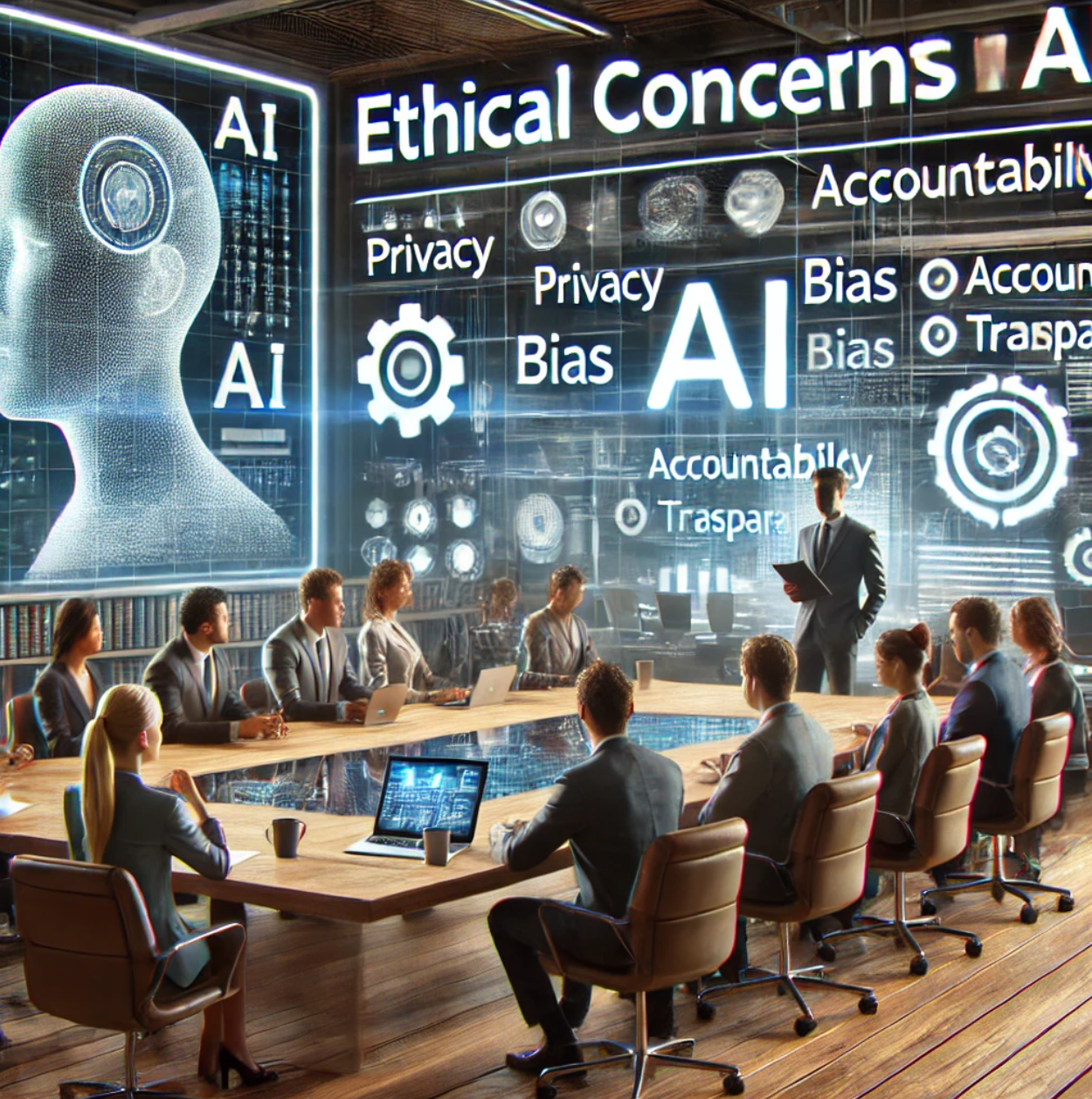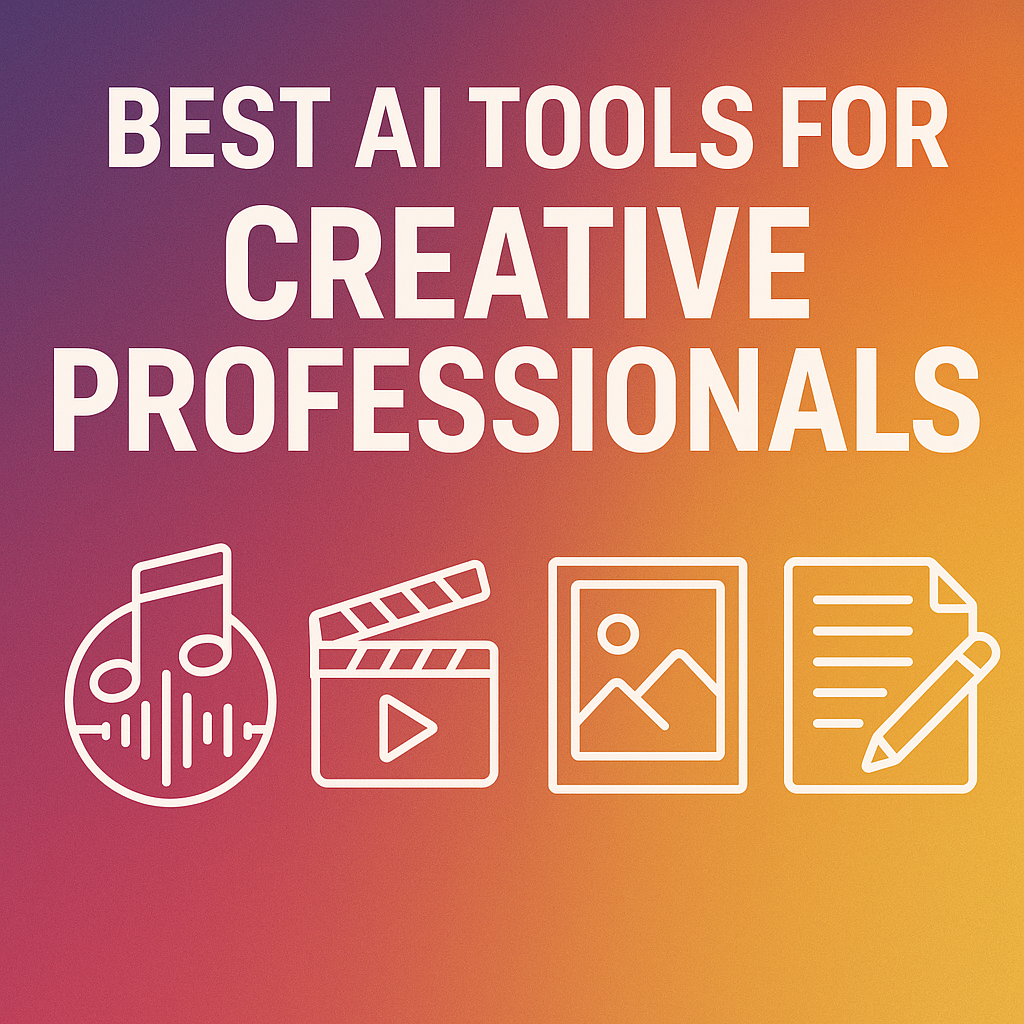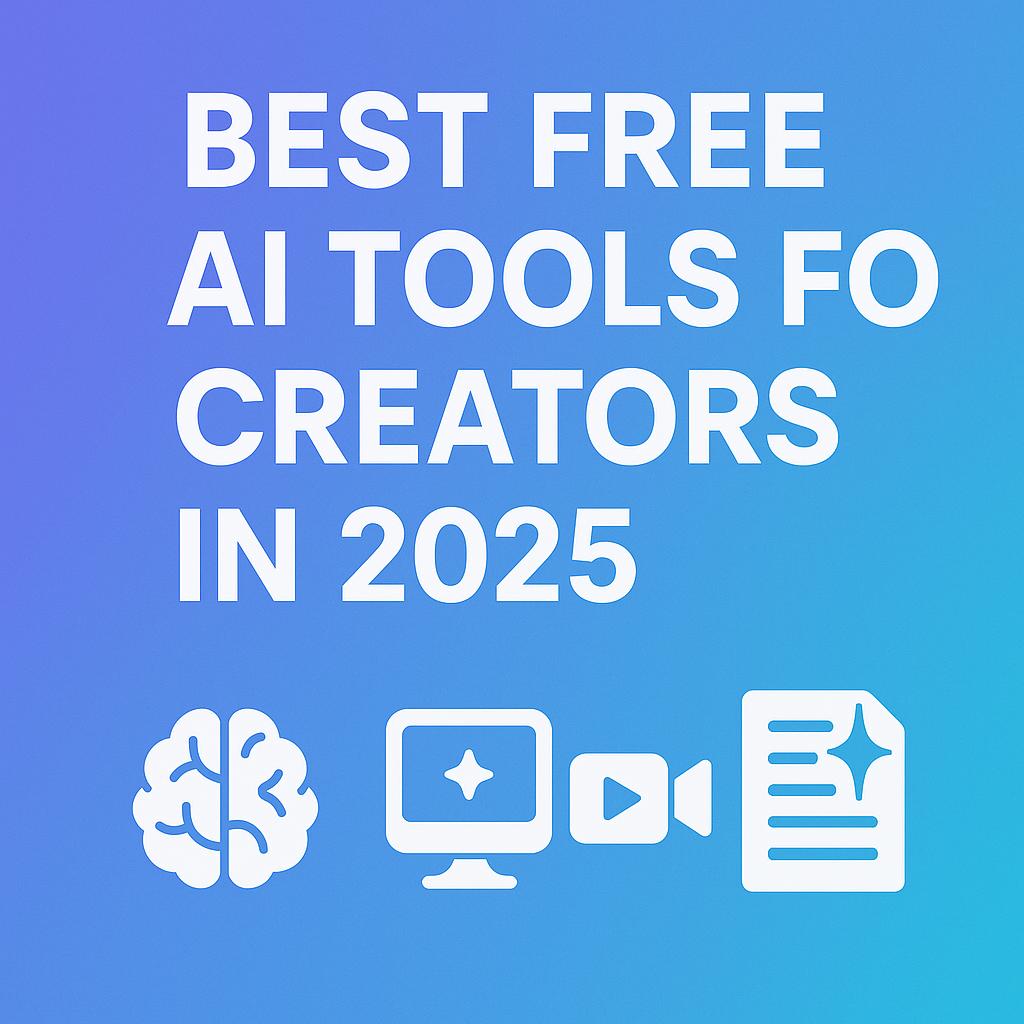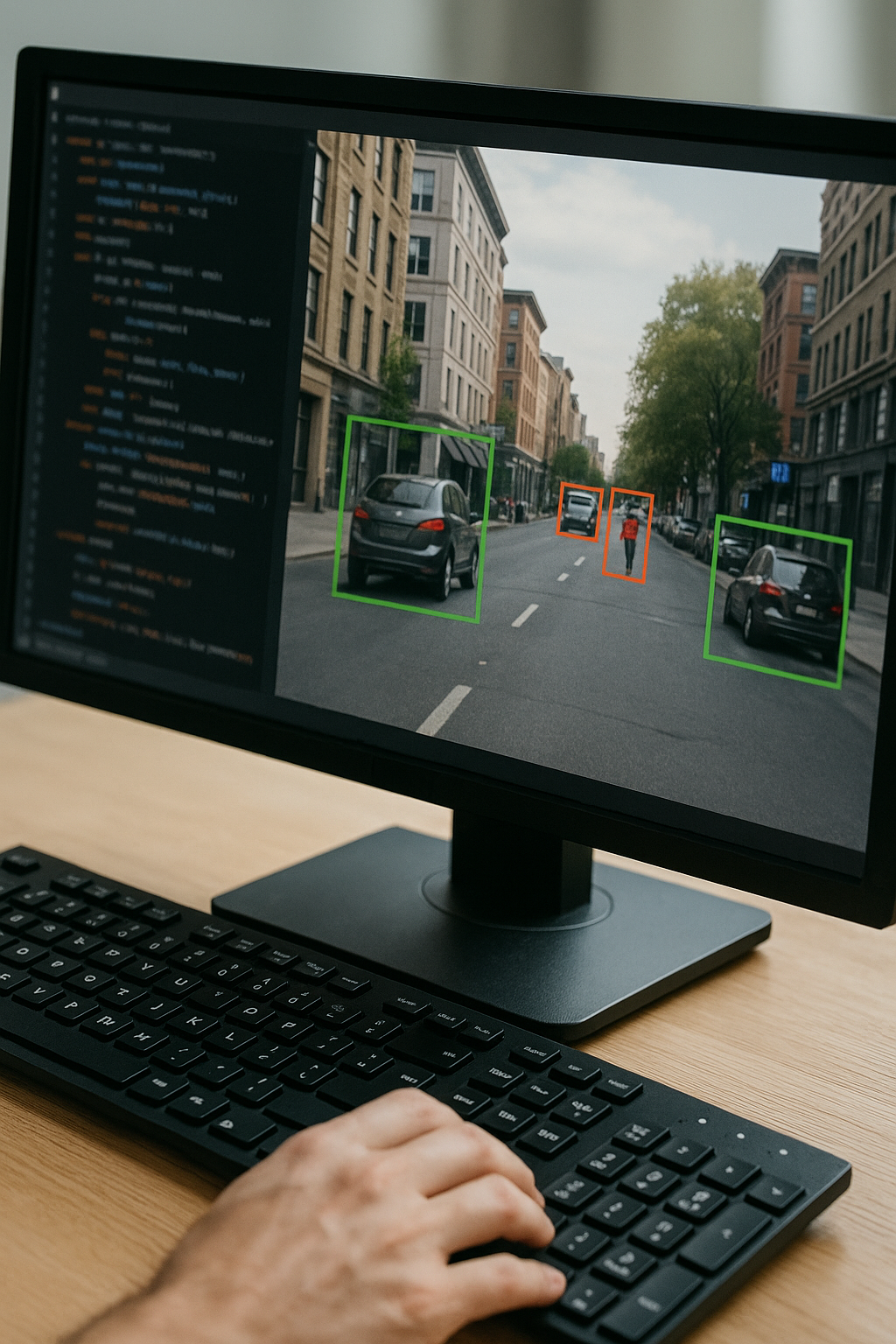Top 7 News Stories of the Week
Top 7 News Stories of the Week - Expanded Edition
In our fast paced, interconnected world, staying informed about current events is more crucial than ever. This week has been particularly eventful, with groundbreaking developments across various fields that have the potential to shape our future. From revolutionary scientific advancements to pressing social issues, these top 7 news stories offer a comprehensive snapshot of the most significant events that have captivated global attention over the past seven days.
1. Breakthrough in Renewable Energy
The fight against climate change has received a significant boost with a revolutionary development in solar technology. Scientists at the MIT Energy Initiative have unveiled a new type of solar cell that can generate electricity even in low-light conditions, including cloudy days and indoor environments.
This groundbreaking solar cell utilizes a novel material called perovskite, which has shown remarkable efficiency in converting light to electricity. Unlike traditional silicon-based solar cells, these new cells can harvest energy from a broader spectrum o
flight, including the blue wavelengths that are abundant on overcast days.
Key points:
• The new solar cells boast an efficiency rate of 34% in low-light conditions, compared to the 22% efficiency of current top-tier solar panels.
• Researchers estimate that this technology could reduce the cost of solar energy by up to 40% when mass-produced.
•Several major tech companies have already expressed interest in commercializing this technology, with pilot projects planned for next year.
This innovation has the potential to dramatically increase the adoption of solar power, particularly in regions with less consistent sunlight. It could play a crucial role in accelerating the transition to renewable energy sources and combating climate change on a global scale.
2. AI-Powered Medical Diagnosis
Artificial Intelligence continues to make waves in the healthcare industry, with a recent breakthrough demonstrating its potential to revolutionize medical diagnosis. A team of researchers from Stanford University and Google Health have developed an AI algorithm capable of diagnosing a rare genetic disorder with unprecedented accuracy.
The disorder in question is Joubert syndrome, a rare genetic condition that affects brain development and can be challenging to diagnose due to its varying symptoms. The AI algorithm, trained on a vast database of medical images and patient data, has shown an ability to identify the syndrome with 97% accuracy, surpassing the 80% accuracy rate of human experts.
Key developments:
• The AI system analyzed over 10,000 MRI scans to learn the subtle patterns associated with Joubert syndrome.
• It can provide a diagnosis in seconds, potentially saving crucial time in treatment initiation.
• The algorithm also showed promise in identifying other rare genetic disorders with similar symptoms.
This breakthrough could lead to earlier detection and treatment for patients with rare genetic disorders, potentially improving outcomes and quality of life. It also highlights the growing role of AI in healthcare, suggesting a future where AI and human expertise work in tandem to provide more accurate and efficient medical care.
3. Space Exploration Advances
The search for extraterrestrial life has taken a significant leap forward with the successful launch of the James Webb Space Telescope's successor, the Habitable Worlds Observatory (HWO). This next-generation space telescope, a joint project of NASA, ESA, and the Canadian Space Agency, promises to revolutionize our understanding of exoplanets and the potential for life beyond Earth.
The HWO boasts several groundbreaking features:
• A primary mirror three times larger than that of the James Webb Space Telescope, allowing for unprecedented light-gathering capability.
• Advanced spectroscopic instruments capable of analyzing the atmospheric composition of distant planets with incredible precision.
• A state-of-the-art coronagraph that can block out the light from stars, making it easier to directly observe orbiting planets.
Scientists are particularly excited about the HWO's ability to detect biosignatures chemical markers in a planet's atmosphere that could indicate the presence of life. Within its first year of operation, the HWO is expected to survey over 1,000 potentially habitable exoplanets.
This mission represents a significant milestone in our quest to answer one of humanity's most enduring questions: are we alone in the universe? The data collected by the HWO could provide crucial insights into the prevalence of life in our galaxy and beyond.

4. Ethical Concerns in AI
As AI technology continues to advance at a rapid pace, concerns about its potential misuse have come to the forefront of public discourse. A comprehensive report released by the AI Ethics Institute has highlighted the growing risk of AI being weaponized to spread misinformation and disinformation at an unprecedented scale.
The report outlines several alarming trends:
• The emergence of highly sophisticated deepfake technology that can create convincing fake videos and audio recordings of public figures.
• AI-powered bots capable of generating and disseminating large volumes of misleading content across social media platforms.
• The use of AI algorithms to micro-target individuals with personalized disinformation, exploiting psychological vulnerabilities.
These developments have raised serious concerns about the integrity of information in the digital age and the potential impact on democratic processes, public discourse, and social cohesion.
In response to these challenges, there have been increasing calls for:
• Stricter regulations on the development and deployment of AI technologies.
• The establishment of international ethical guidelines for AI research and applications.
• Greater transparency from tech companies about their AI systems and how they're being used.
• Enhanced digital literacy programs to help the public better identify and combat AI-generated misinformation.
As AI becomes increasingly integrated into our daily lives, addressing these ethical concerns will be crucial to ensuring that this powerful technology is used responsibly and for society's benefit.
5. Economic Growth
The global economy is showing promising signs of recovery following the turbulent period caused by the COVID-19 pandemic. Several major economies have reported positive growth rates in the past quarter, indicating a potential return to pre-pandemic levels of economic activity.
Key economic indicators:
• The United States reported a 3.2% annualized GDP growth rate for the last quarter.
• China's economy expanded by 4.9%, driven by strong exports and domestic consumption.
• The Eurozone saw a collective growth of 2.7%, with particularly strong performances from Germany and France.
However, this recovery is not without its challenges:
• Inflation remains a significant concern, with many countries experiencing higher-than-target inflation rates.
• Supply chain disruptions continue to affect various industries, leading to shortages and increased prices for certain goods.
• Labor market imbalances persist, with some sectors struggling to fill job openings while others face high unemployment rates.
The future economic outlook remains uncertain, with several factors that could influence the trajectory of the global economy:
• The potential emergence of new COVID-19 variants and their impact on public health and economic activity.
• Geopolitical tensions and trade disputes that could disrupt international commerce.
• The long-term effects of expansionary monetary and fiscal policies implemented during the pandemic.
Economists and policymakers are closely monitoring these developments, emphasising the need for continued support and adaptable strategies to ensure a sustainable and inclusive economic recovery.
6. Climate Change Impacts
The devastating effects of climate change are becoming increasingly evident, with extreme weather events occurring more frequently and with greater intensity around the globe. These events are causing significant economic damage, loss of life, and displacement of communities.
Recent climate-related disasters:
• A record-breaking heatwave in the Pacific Northwest resulted in hundreds of heat-related deaths and widespread infrastructure damage.
• Unprecedented flooding in Central Europe caused billions of euros in damage and claimed over 200 lives.
• Severe drought in the Western United States has led to water shortages and fueled one of the worst wildfire seasons on record.
• A series of powerful hurricanes in the Atlantic have caused extensive damage to coastal communities and exacerbated issues of climate migration.
The economic toll of these events is staggering:
• Global economic losses from natural disasters in the past year are estimated at over $250 billion.
• The insurance industry is facing mounting pressures, with some regions becoming increasingly difficult to insure due to climate risks.
• Agricultural productivity is being severely impacted, raising concerns about food security and price stability.
These events have intensified calls for urgent action on climate change:
• Many countries have pledged to accelerate their transition to renewable energy sources.
• There's growing support for implementing carbon pricing mechanisms to incentivize emissions reductions.
• Investments in climate adaptation and resilience are increasing, particularly in vulnerable regions.
As the impacts of climate change become more pronounced, there's a growing recognition
that addressing this global challenge will require unprecedented levels of international cooperation and commitment to sustainable practices.
7. Social Justice Movements
The fight for equality, justice, and human rights continues to gain momentum around the world. Social justice movements are demanding change and holding those in power accountable, shaping the future of our societies in profound ways.
Key developments in social justice movements:
• The Black Lives Matter movement has continued to push for police reform and racial equality, resulting in policy changes in several countries.
• The #MeToo movement has expanded its focus to address systemic issues of gender inequality and discrimination across various industries.
• Indigenous rights movements have gained traction, leading to increased recognition of land rights and cultural preservation efforts.
• LGBTQ+ advocacy has resulted in legislative victories in several countries, including the legalization of same-sex marriage and protections against discrimination.
These movements have had far-reaching impacts:
• Corporate diversity and inclusion initiatives have become more prevalent and comprehensive.
• Educational institutions are revising curricula to be more inclusive and representative of diverse perspectives.
• There's growing awareness of intersectionality and the complex interplay of various forms of discrimination.
• Social media platforms have become powerful tools for organizing and amplifying marginalized voices.
Challenges and controversies:
• Debates over "cancel culture" and free speech have intensified.
• There's ongoing tension between incremental change and calls for more radical systemic reforms.
• Backlash and counter-movements have emerged in some regions, leading to political polarization.
As these social justice movements continue to evolve, they are fundamentally reshaping societal norms, institutional practices, and individual attitudes. Their influence is likely to have lasting effects on policymaking, corporate behavior, and social interactions for years to come.
Conclusion
This week's top news stories offer a glimpse into the complex and rapidly changing world we inhabit. From groundbreaking scientific advancements that promise to reshape our energy landscape and healthcare systems, to the ongoing struggles for social justice and equality, these events are actively shaping our collective future.
The challenges we face from climate change to economic uncertainty to ethical concernsvin emerging technologies–are significant. However, the innovative solutions, grassroots movements, and global collaborations highlighted in these stories also give r
eason forhope.
As we continue to navigate these challenges and opportunities, staying informed and engaged is more crucial than ever. These stories underscore the interconnected nature of our world and the importance of collective action in addressing global issues.
By understanding these key developments and their potential implications, we can better prepare ourselves to contribute positively to the ongoing dialogues and decisions that will define our shared future. As engaged global citizens, our awareness and acti
ons can play a vital role in steering the course of these unfolding narratives towards a more sustainable, equitable, and prosperous world for all.
Sign Up For Our Weekly Newsletter and Get Your FREE Ebook " AI For Everyone











